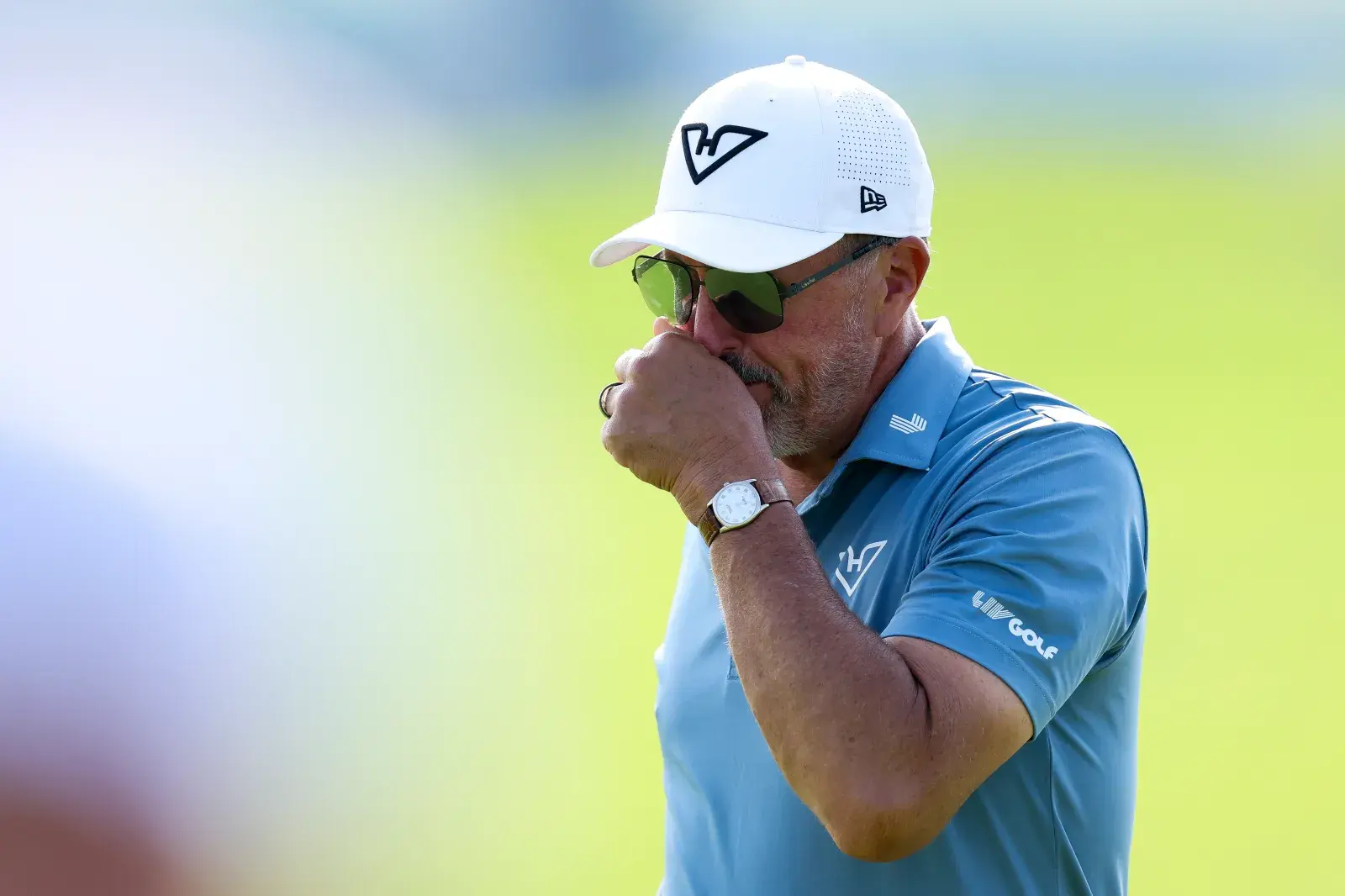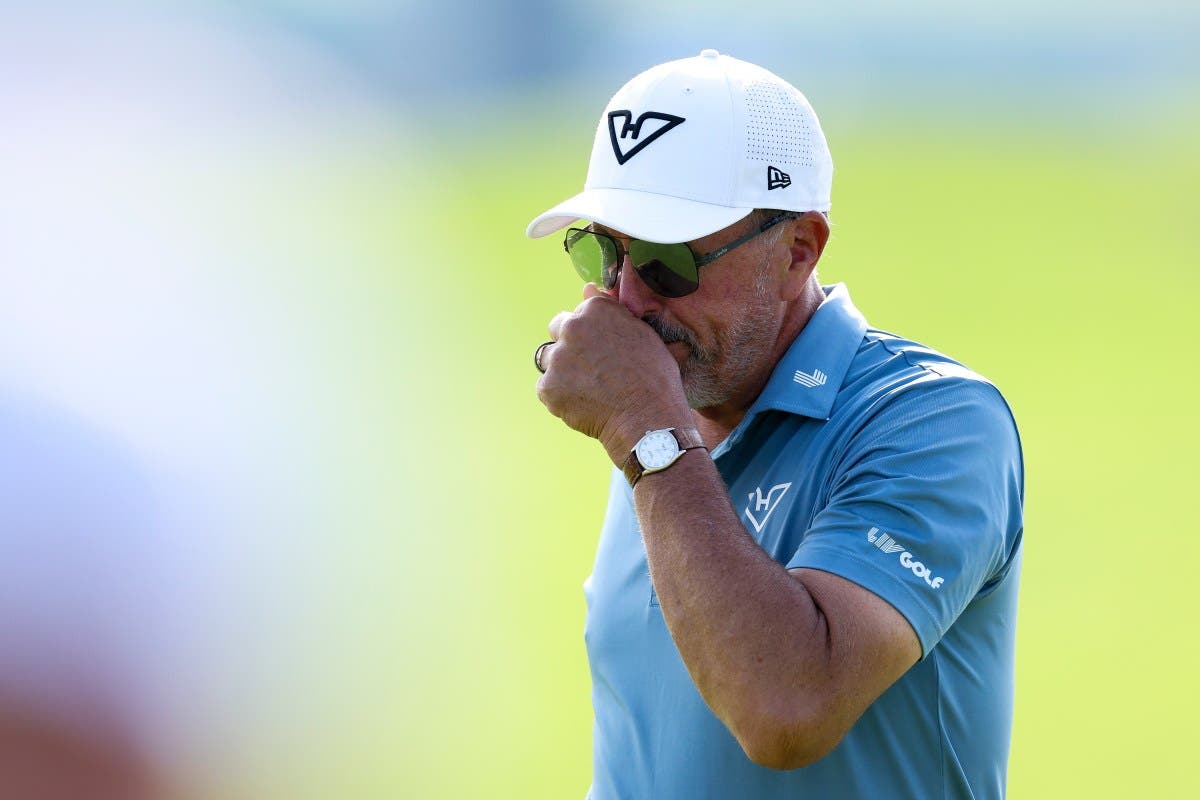Phil Mickelson has long been known for swinging boldly, both with his clubs and opinions. Over the years, the Ryder Cup legend has called out PGA Tour policies and even weighed in on national politics, building a reputation for speaking his mind.
But now, Lefty finds himself in the crosshairs of a very different kind of controversy, one that could carry legal weight.
A report published by financial outlet Hunterbrook alleges that Mickelson shared material non-public information about Houston-based oil startup Sable Offshore with a private group of investors.

The information, reportedly obtained through conversations with Sable CEO Jim Flores, included details about pending announcements that could affect the company’s stock price.
“I spoke to Jim this morning. An announcement is coming today after market closes. It could be an 8K or press release,” Mickelson allegedly wrote to Stable investors on X on Sept. 29, just hours before Sable Offshore submitted paperwork to California regulators seeking permission to restart oil production, according to Hunterbrook.
The company, which reportedly paid $988 million to acquire a troubled oil field from Exxon off the coast of Santa Barbara, Calif., has struggled to restart operations.
The Santa Ynez offshore infrastructure, which includes three platforms, a processing facility, and a pipeline system, was shut down following a 2015 environmental disaster. Since its launch, Sable has faced regulatory hurdles and environmental scrutiny, causing its stock to tumble more than 50% over the past year.
Mickelson, a vocal supporter of the project, has tweeted more than 100 times about Sable Offshore, often targeting California lawmakers and regulators. His involvement has been highly visible, but now it’s under a microscope.
Hunterbrook’s report also alleged Mickelson was part of a coordinated push to secure federal support for Sable’s stalled operations. A leaked phone call reportedly referenced a “west coast game” between “a certain left-handed golfer” and U.S. Commerce Secretary Howard Lutnick, who later denied any connection to the golf pro or Sable Offshore.
Mickelson, who previously settled an insider trading case with the SEC in 2016 for over $1 million, was quick to respond. In a series of posts on X, he denied any wrongdoing and emphasized his caution.
“So a company says I can’t say anything to you but we will announce something at the close,” he posted on X. “I don’t know if it’s a dilution and the stock goes down or a deal for the stock to go up. I have to wait to see what the info is, I make no trades whatsoever and am ultra ultra careful given past history. I don’t even share that information is coming til after the close.”
But the six-time major winner didn’t stop there. Lefty turned the spotlight back on Hunterbrook, questioning its own practices and accusing the outlet of market manipulation.
“This looks like stock manipulation on their part and slanderous,” Mickelson posted on X. “Did they make any trades today?”
Hunterbrook, whose business model allows it to trade on non-material public information, stated it had made no trades based on the Sable Offshore story. Still, the report’s release sent Sable’s stock plunging 18.47% on Friday, closing at $10.46 per share.
Whether Mickelson’s actions constitute insider “tipping” under U.S. law remains unclear.
Legal experts say liability hinges on whether he benefited from the trades made by others using the information he shared. For now, Mickelson maintains his stance on doing no trades or wrongdoing.
More Golf: Patrick Reed Reveals He Hasn’t Given Up on Career Grand Slam

